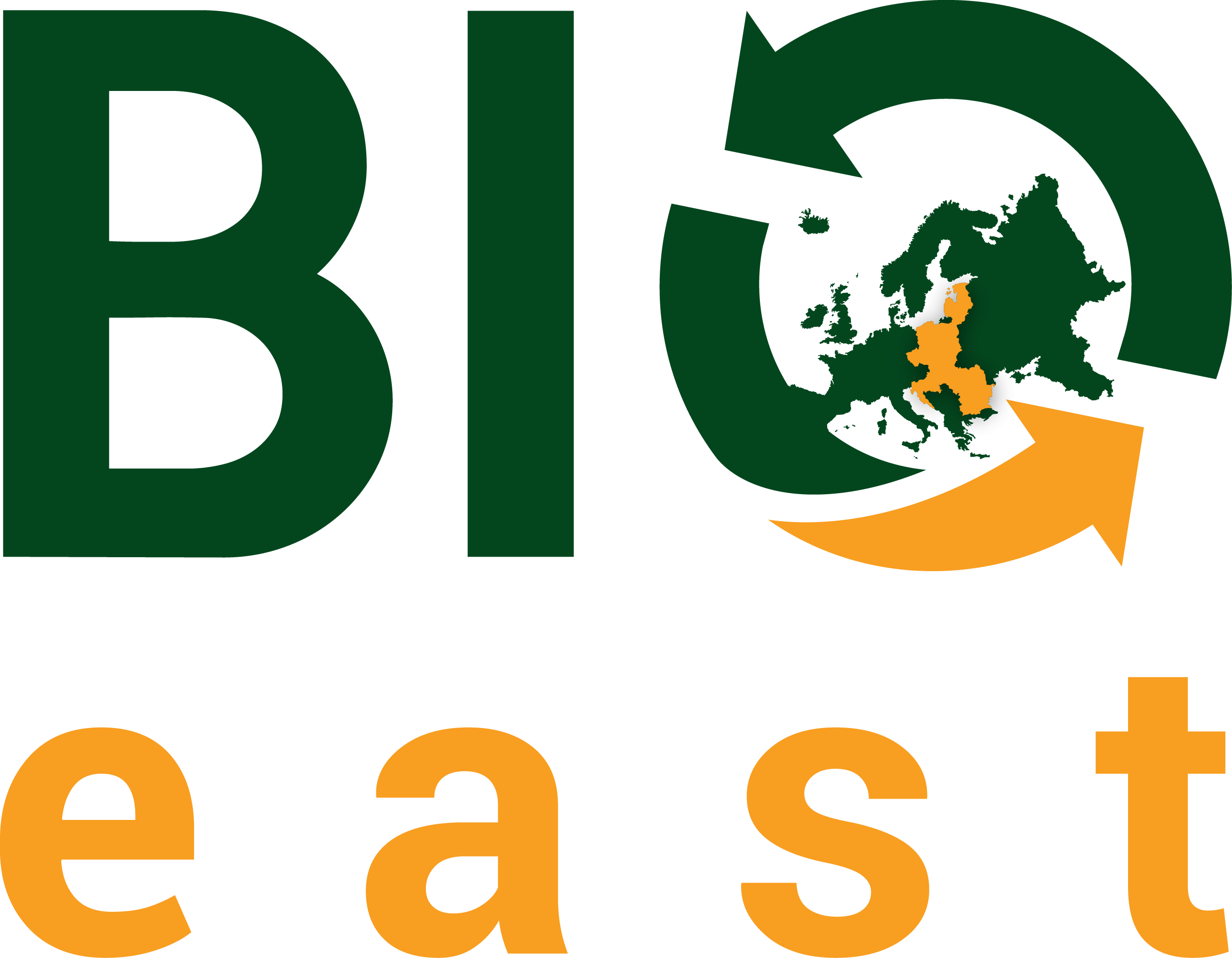The Secretary General serves as the main external representative of the BIOEAST Initiative. The Secretary General is elected by the Board for a period of 3 years. Six months before his/her current term is over, the vote on the next Secretary General would commence, leaving enough room for knowledge and experience exchange, whereas re-election is possible. The Secretary General should be Brussels based. He/she should be able to closely communicate the BIOEAST agenda with EC relevant structures (ex. DG RTD, DG AGRI and other relevant platforms and interested bodies).

Mr Barna Kovacs is currently working as counsellor at the Permanent Representation of Hungary to the EU. He has been appointed as the Secretary General of the BIOEAST Initiative. His responsibilities covers the follow up of the Council discussion with regard to the research and innovation in the field of bioeconomy. Between 2009-2017 he worked as scientific and policy officer in the European Commission’s Directorate General Research and Innovation, Bioeconomy Strategy unit, in 2016 Mr. Kovacs was appointed as Secretary for the Standing Committee on Agricultural Research. His responsibilities covered FP7 and HORIZON2020 project management and policy definition, contributing to conceptual reflections and to the work programme, strategic documents and new approaches for the implementation of the Bioeconomy Strategy. Barna Kovacs was a focal point for relations with the EU Member States and civil society, coordinated foresight exercises in the field of agriculture, forestry and fisheries within bioeconomy, responsible for the developments of the Bioeconomy Observatory. In the period of 2004-2009 he worked in Brussels in the European Parliament. Upon obtaining his PhD degree and teaching at the Budapest University of Economic Science and Public Administration, between 1999-2004 he worked at the Hungarian Ministry of Agriculture and Hungarian Statistical Office. His scientific background covers management and business administration focusing on the socio-economic aspects of agriculture, localized agri-food systems, food safety and security, as well as on the innovation aspects of origin labelled products.
